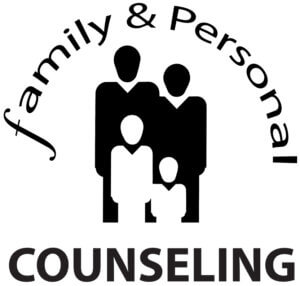
How to Deal with Burnout
As we navigate through the year, many of us may experience burnout — that state of emotional, physical, and mental exhaustion caused by prolonged stress. Recognizing the signs and taking proactive steps to address burnout is crucial for maintaining our well-being. We asked one of our therapists, Kaitlin Kurtovic, LMHC, to share insights on how to deal with burnout:
Recognizing the Signs
Burnout can manifest in various ways, and it’s essential to be aware of the symptoms to take timely action. Some common signs of burnout include:
- Daytime fatigue: Feeling excessively tired during the day, even after a full night’s sleep.
- Sleep disturbances: Difficulty falling asleep or staying asleep.
- Feelings of dread: Experiencing anxiety or dread related to work.
- Avoidance behaviors: Avoiding work-related tasks or responsibilities.
- Anxiety: Increased feelings of anxiety and stress.
If you notice any of these symptoms, it’s important to take them seriously and address them promptly. Ignoring the signs of burnout can lead to more severe mental and physical health issues.
Practicing Self-Compassion
Self-compassion is a critical component of self-care and mental health. This means helping your own self be accepting of the situations you encounter in your life. Begin to incorporate the following into your daily routines:
- Self-care: Prioritize activities that bring you joy and relaxation.
- Therapy: Regular therapy sessions can help you navigate challenges and develop self-compassion.
- Supportive relationships: Build a network of positive, supportive people who encourage and uplift you.
- Grace in difficult moments: Allow yourself to make mistakes and understand that it’s part of being human.
- Positive affirmations: Use affirmations to reinforce a positive self-image and boost your self-esteem.
How to Deal with Burnout
By recognizing the early warning signs, you can deal with burnout by being aware and taking steps to practice self-compassion and self-care. This will allow you to navigate stressful periods and better maintain mental and emotional health. Remember, prioritizing self-care is not a luxury but a necessity for a balanced and fulfilling life. Begin today!


